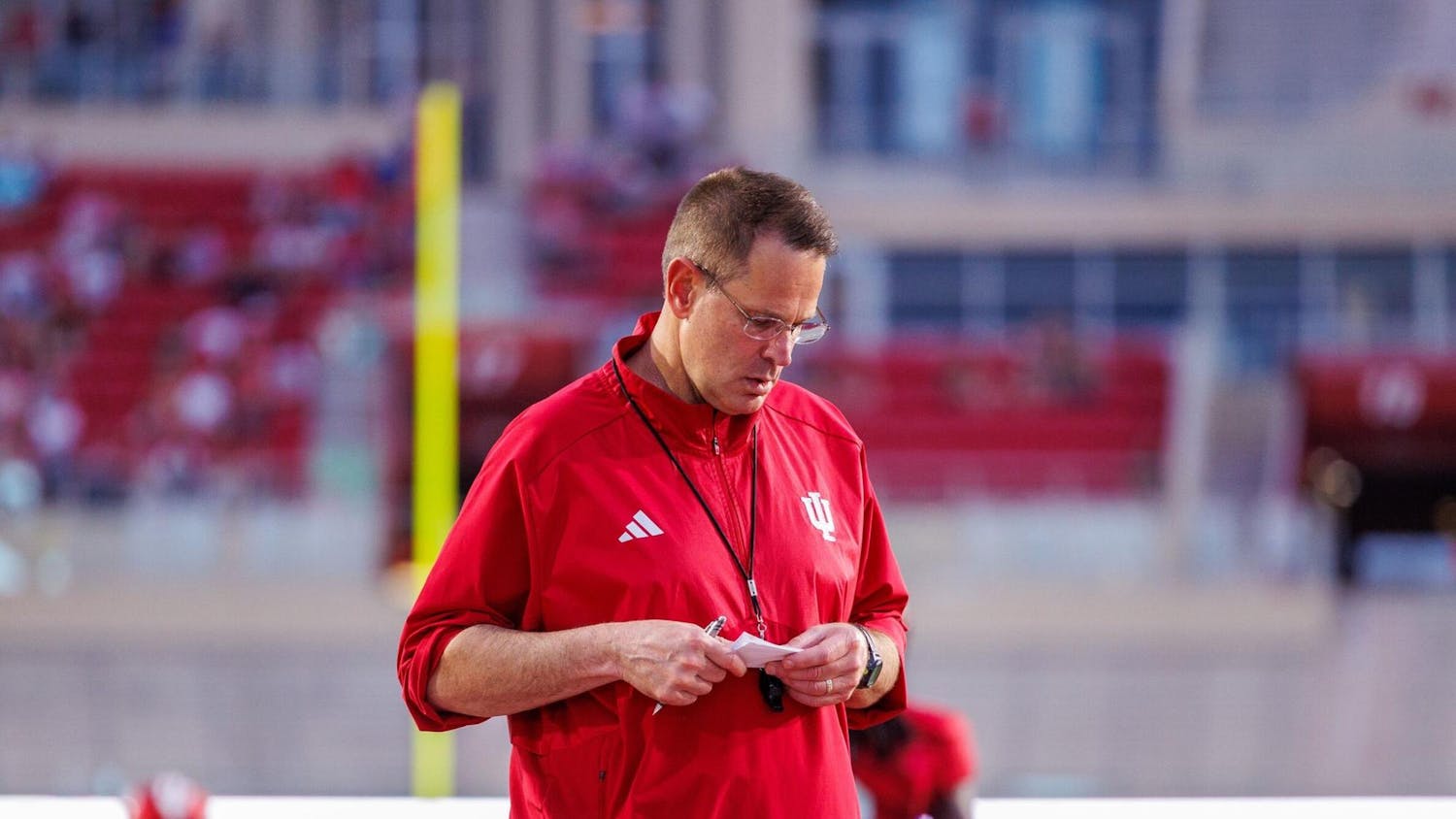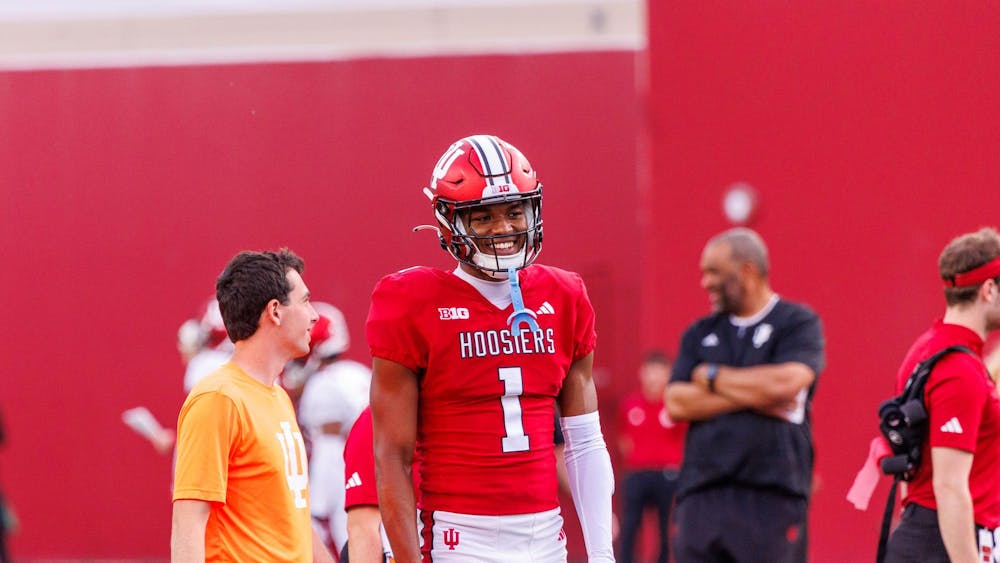Young voters have the potential to shape the upcoming presidential election.
Whether it’s voting for Bernie Sanders or Donald Trump or any other candidate, voters between the ages of 18 and 29 could have an effect on the outcome of the election, said IU Political Science Professor Bernard Fraga.
However, this group tends to vote the least among all age groups, according to the United States Census Bureau.
One of the biggest questions for this year’s election is whether young voters will be galvanized to vote or decide to stay home. Brian Gamache, chairman of IU Republicans, said this may depend on who the nominees are.
“The Republican Party hasn’t always relied on the young vote as much as the Democratic Party,” Gamache said. “But who the nominees end up being could have a really big impact on how many young people turn out to vote.”
In the Democratic Party, there already seems to be a divide. Younger people support Bernie Sanders while older people support Hillary Clinton, Fraga said.
Sanders’ appeal to the youth is largely based on the clear vision he has for changes in this country, Fraga said. His ideas focus on income inequality, climate change, free public college tuition — all ideas that appeal to the young voter.
“These policies are things that are very big ideas but big ideas that young people tend to endorse,” Fraga said.
Although these are ideas many Clinton supporters agree with, many people would say they aren’t very realistic, Fraga added. In the Clinton campaign, there’s been push back on the feasibility of these ideas.
“Some would say these ideas are actually misleading, especially young people, and kind of playing to the fact that they’re very idealistic,” Fraga said.
Even with a divide, Clinton will still most likely clinch the nomination before the convention, Fraga said. However, if Sanders were to have a chance of winning, it would be dependent on high levels of youth voter turnout.
“This has been a tricky situation for Sanders,” Fraga said. “One of the reasons he emphasizes turnout is because the population he’s catering to, at least one portion, the youth, are very unlikely to turn out to vote.”
In the Republican primary, there is a relatively large number of first-time voters, Fraga said. However, there are concerns over the party’s future, which will have to focus on young people.
“For a party thinking a lot about the future after losing two presidential elections, they have to think about how to attract young people,” Fraga said.
Low voter turnout among youths is nothing new.
Voter turnout for those between the ages of 18 and 29 was the lowest among all age groups from 1996 to 2012. The age group that voted the most between 1996 and 2012 was those 65 years of age and older, according to the U.S. Census Bureau.
In 2012, 45 percent of eligible voters between the ages of 18 and 29 voted, according to the U.S. Census Bureau. In 2012, 72 percent of eligible voters 65 years old and over voted.
Fraga said there are two main reasons why youth voter turnout is so low. One reason is because young people are so mobile. Some of the biggest life changes happen while people in are in their 20s, such as going to college, getting a job or starting a family.
While going through those changes, it can be difficult to register to vote in a certain place, find time to learn about candidates or become invested in the community.
Fraga said the other main reason is young people may feel they have less at stake than older people. They don’t necessarily pay taxes yet, and they are less involved with the government.
IU College Democrats President Kegan Ferguson said young people don’t always realize how important politics really are in their lives.
“People generally tend to learn the importance of politics, especially local politics, as they gain more life experience,” Ferguson said.
Another reason youth voter turnout is so low Ferguson said is the way the political system and the media treat young people. The media tend to be dismissive of the role of young people and make it seem like they are uninformed and don’t care.
“It dissuades younger voters,” Ferguson said. “People think politics aren’t something we can make a difference in.”
With the media so heavily focused on this election, specifically Donald Trump, Fraga said it’s important to recognize that the media are a business first and foremost.
“The media gives the people what they want,” Fraga said. “So if we don’t like the fact that the media talks about Trump all the time, we need to look at ourselves and say, ‘Well, we’re the ones tuning in.’”
The state of young voters in this election is similar to that of the 2008 election. Many young people supported President Barack Obama because of his message of change.
“Young people seem more conducive to an agenda for change or modification of the status quo, or at least more open to that,” Fraga said.





